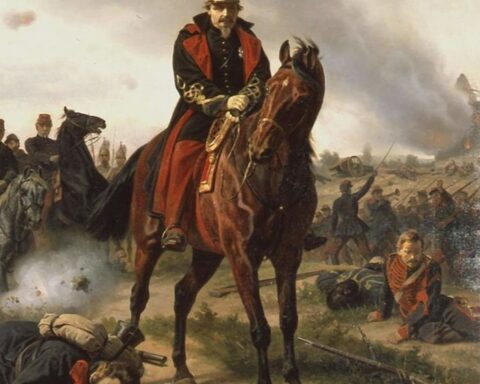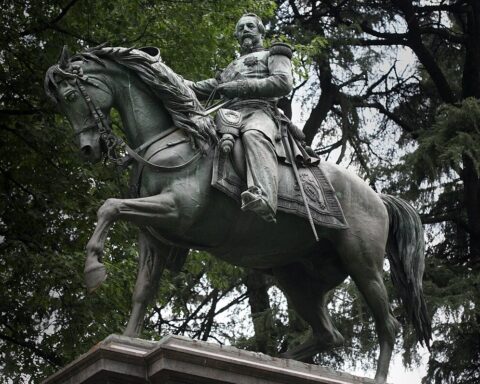While the British were latecomers to colonization, with the Spanish, Portuguese, Dutch, and even French establishing footholds in North America, the British did develop significant trade routes with the New World and came to realize that possessing colonies would ensure future profit, since there would be less danger of commerce being interrupted by conflict with European neighbors. Britain came to see herself as the focus of trade in agriculture, foodstuffs, and slaves (James, P. 28). While European conflicts raged, the Dutch were temporarily removed from that milieu after 1648, and developed a growing fleet of commercial ships, aiming to become the dominant trade force on the sea. In addition, they had a colony in New Amsterdam (modern New York). The British viewed this as a threat.
To increase British economic dominance, the government passed the “Navigation Acts of 1649 and 1660, the Staple Act of 1663 and the Plantation Act of 1673,” banning non-British carriers from most transport between colonies and Europe (James. P. 29). The British Navy also began an ambitious ship-building program, designed to maintain dominance on the sea. Naval vessels began to patrol with commercial vessels and to prepare for possible war with European competitors.
Because the Dutch had a large merchant fleet, they were viewed as the largest obstacle. The Royal Navy engaged Dutch ships in three wars between 1652 and 1674, but the contests were inconclusive (James, p. 29). It was during these conflicts that Britain gained control of New York. Since the Dutch had few colonies, they did not have the economic depth to adequately compete with the British. The few they did have were faced with British occupation and incorporation into the British Empire. The Dutch were effectively removed from the West Indies (James, p. 32).
The British conflict with the Netherlands was the first global conflict faced by British forces. Battles were fought in the European theater as well as in the Western hemisphere. This led authorities to realize that future wars would be of this type, highlighting the importance of developing an effective system of defense for colonies (James, p. 33). “The wars themselves demonstrated not a few of the characteristics of modern warfare; there is a foretaste here of the bitter national feeling, the unscrupulous use of propaganda against the enemy, that were to become more familiar later” (Boxer, p. 67). British strategy, both in the Anglo-Dutch wars, as well as in future conflict, such as World War II, was largely predicated upon the importance of protecting British commercial interests (Hardacre, p. 56).
These conflicts took place to establish economic dominance. Both nations had the fleets to conduct large-scale trade across the world, but only the British had developed a sufficient colonial presence to endure war on this scale. The goal was commercial hegemony, which the British acquired. Along the way, they annexed former Dutch colonies, expanding their own influence further, while diminishing that of the Dutch. They also developed a rationale for warfare that lasted well into the 20th century.
Works Cited:
Boxer, C.R. “Some Second Thoughts on the Third Anglo-Dutch War, 1672-1674.” Transactions of the Royal Historical Society, Fifth Series, Vol. 19 (1969), pp. 67-94.
Hardacre, P.H. “Profit and Power: A Study of England and the Dutch Wars by Charles Wilson”Review. The Journal of Modern History, Vol. 30, No. 1 (Mar., 1958), pp. 56-57.
James, Lawrence. The Rise and Fall of the British Empire. New York, St. Martin’s Griffin, 1994.










I have been reading Pepy’s Diaries of late; a massive undertaking of reading. As you may remember, Pepy’s had a high civilian post in the Royal Navy during the Restoration period (I guess the US equivalent of an Assistant Secretary of the Navy) and his diaries show the obsession with the Dutch the Brits had at the time. A lot of folks read Pepy’s because he was a bit of a rogue with the ladies, but there are many strategic insights in the book as well.